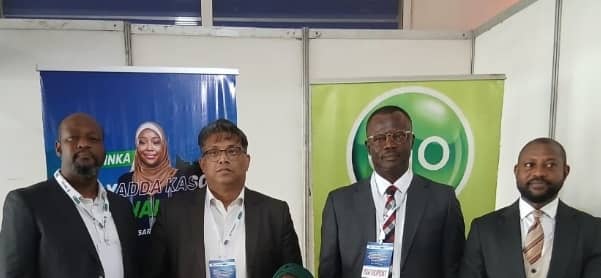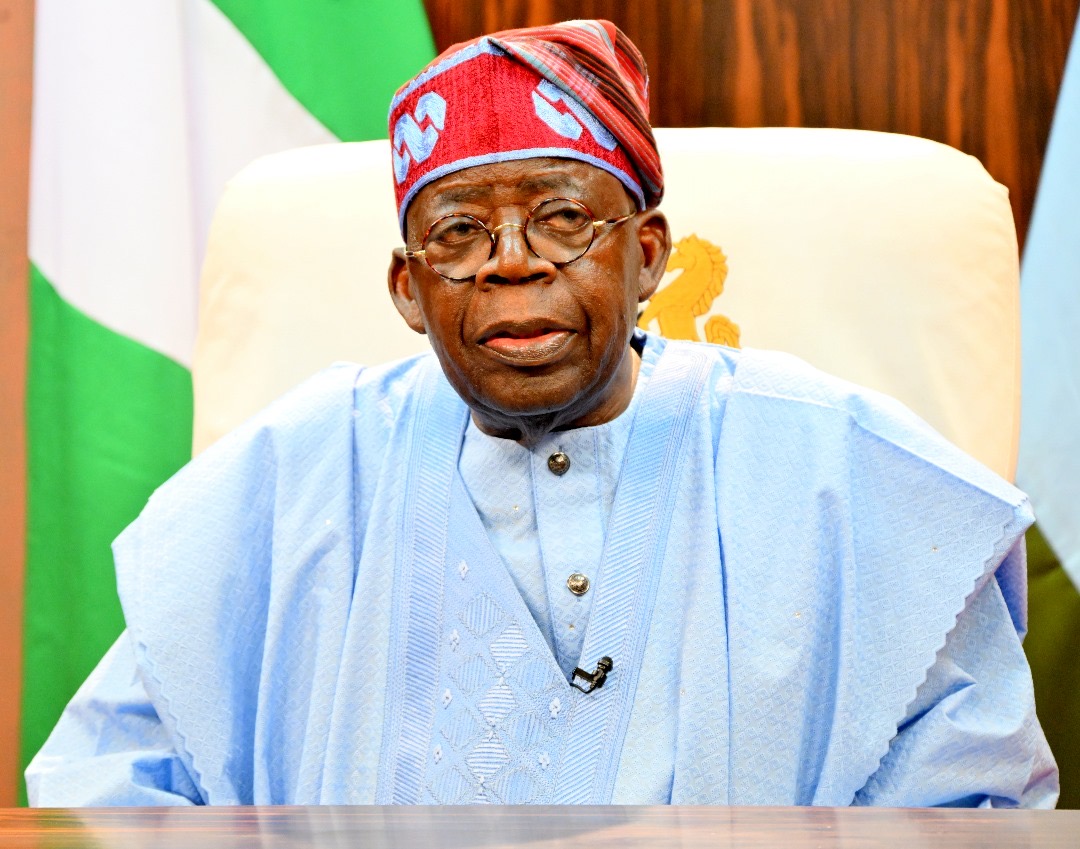Stories by Agnes Ekebuike
Despite Nigeria’s installed capacity of 13,014 MW serving over 220 million people, only 55 per cent of Nigerians has grid access, highlighting persistent energy challenges in the country, the Nigerian Society of Engineers (NSE) has said.
The immediate past president of the Nigerian Society of Engineers, Tasiu Sa’ad Gidari-Wudil, revealed this during his keynote address at the Foluseke Abidemi Somolu Foundation 10th Anniversary Memorial Lecture in honour of late Foluseke Abidemi Somolu, which held recently at the Afe Babalola Auditorium, University of Lagos, (UNILAG).
The lecture examined Nigeria’s power sector transformation spanning 1896-2025, tracing the evolution from the first 60KW facility in Marina, Lagos (1898) through various institutional changes, including the Electricity Corporation of Nigeria (1950), ΝΕΡΑ (1972), to the current multi-stakeholder framework established by the Electric Power Sector Reform Act (EPSRA) and the Electricity Act 2023.
According to Gidari-Wudil, with nearly two decades post-EPSRA 2005, Nigeria’s power sector remains dysfunctional, adding that the major problems include frequent outages, unreliable supply and minimal consumer benefits.
Citing his research, which he conducted as individual research project, Gidari-Wudil said 50.62 per cent of respondents reported no direct advantages from reforms, adding that industrial growth stimulation remains limited, with 56 per cent believing reforms contributed minimally to economic development.
In his research, he listed systemic issues encompass regulatory weakness, political interference, poor cost recovery mechanisms, inadequate infrastructure investment, and implementation gaps, as reasons for the weak reforms. The study reveals that reform models are only partially suitable (46.88 per cent of respondents) for Nigeria’s unique socio-economic context. The study employed comprehensive mixed-method research combining quantitative analysis through National Institute for Policy and Strategic Studies (NIPSS) stakeholder surveys and qualitative assessment via stakeholder interviews and policy implementation analysis.
A strategic framework of the research proposes phased transformation: Short-term (1-3 years), with focus on strengthening regulatory independence through legislation guaranteeing NERC/SECS autonomy, sustainable funding mechanisms, and implementing performance-based utility regulation with minimum service standards, among others.
According to him, success demands sustained political commitment, adequate financing, effective stakeholder coordination, and implementation of difficult but necessary structural changes to achieve reliable, affordable electricity, driving meaningful economic development.
Somolu, a four-decade veteran of the Nigerian electric power industry, and a former President of the Nigerian Society of Engineers (2002-2003), was an accomplished member of the Nigerian engineering community.
Three years after the passing of Somolu, members of his immediate family and several of his close friends and professional colleagues came together to honour his memory and legacy by forming the Foluseke Abidemi Somolu Foundation.
The Foundation supports the education, teaching and research in the Nigerian electrical and power engineering sectors, with a vision to promote and celebrate excellence in power engineering professional practice, and promote the adoption and advancement of technology in Nigeria.
Highlight of the memorial lecture, was the award recognition of engineers that have contributed to the development of Nigeria.


